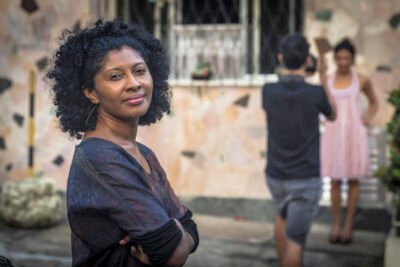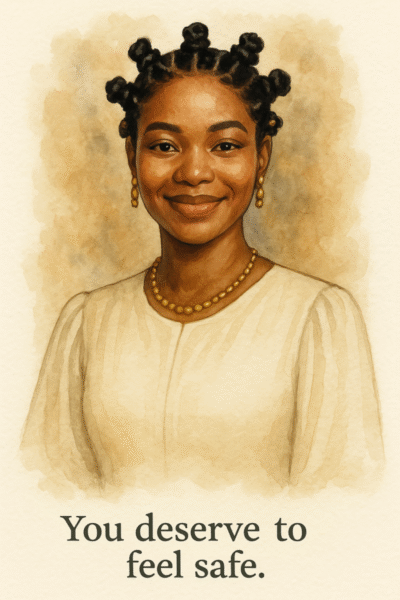People are always telling us about the habits of powerful people. Well, one thing that powerful people do is maintain strict boundaries. The average

People are always telling us about the habits of powerful people. Well, one thing that powerful people do is maintain strict boundaries. The average person can’t access them.
We are often told that “being accessible” is a virtue.
That openness equals “kindness.” That availability equals “goodness.”
But rarely do they ask: who does it serve?
Because here’s the truth:
Powerful people protect their peace. Powerful people are hard to access.
They have:
Gatekeepers
Security
Legal teams
Distance
Boundaries enforced by systems
And yet, the people with the fewest protections—
women, girls, the poor, the ill, the abused, the overlooked—
are told to stay open, vulnerable, and approachable.
To be polite when harmed.
To explain our trauma.
To soften our ‘no.’
To forgive quickly.
To stay visible in spaces that never protected us.
Who does that benefit?
Not us.
It benefits:
Predators, who know exactly where to find unprotected targets
Systems, that rely on our silence to avoid accountability
Abusers, who need us easily accessible to maintain power
The powerful, who want their behavior absorbed and shielded, not confronted
Because if we are always accessible,
we are always interrupted, drained, and exposed.
And that is not safety.
That is a setup.
But here’s the shift:
🛡️ You get to choose who has access to you.
🛡️ You are allowed to protect your energy, your space, your voice.
🛡️ You don’t owe your time, kindness, or vulnerability to anyone unsafe.
 This is the new truth:
This is the new truth:
Seeing to your safety is not weakness. It is the beginning of your power.
Let them call it “cold.”
Let them call it “mean.”
Let them misunderstand.
But let them do it from a distance.
Because your safety was never selfish.
It is sacred.
 This is the new truth:
This is the new truth: